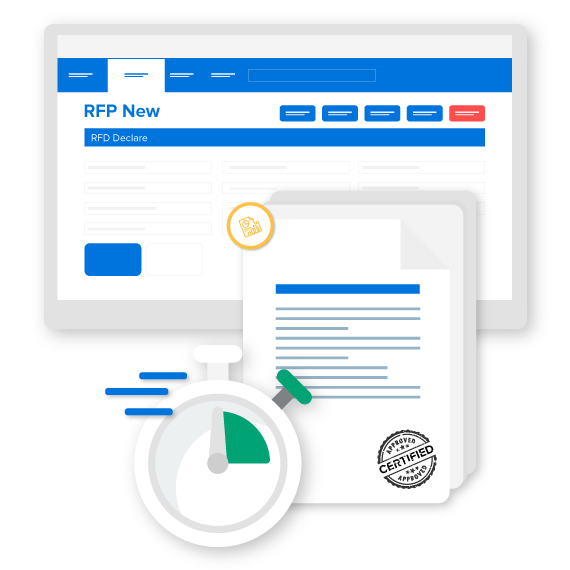
06 Jul
Do your business deal with plants or plant-based products? If yes, reading this post is a must for you. This post will inform you about health/phytosanitary certificates and the things you will need to do to obtain them. This certificate is an extremely important piece of document for companies and individuals exporting plant-based products and plants.
Showing the certificate to concerned authorities will testify to the fact that you are dealing with plants/plant-based items that meet all export requirements. The section below will tell you more about phytosanitary certificates.
Introduction to Phytosanitary Certificates
Phytosanitary Certificates (PSCs) are government-issued certificates. You will need to show them when exporting/re-exporting various regulated items including plants and plant products. You will need these certificates to prove that all your consignments meet the phytosanitary import standards of the importing country.
Who issues these certificates? The exporting country’s water resources, food, agriculture, or horticulture department is responsible for issuing these certificates. To issue a PSC, one must have the authorisation of a relevant government agency. The government agency, on the other hand, must have the authorisation of the exporting nation’s NPPO or National Plant Protection Organisation. The primary responsibility of a country’s NPPO is to prevent illnesses, contaminants, or pests from spreading to the importing country.
3 Crucial Facts about Phytosanitary Certificates
Before you request for permits, you must know the following things:
- Without this certificate, it’s impossible to prove that the plants, plant-based goods, or other similarly regulated commodities you are exporting meet all the importing nation’s phytosanitary guidelines.
- You’ll need PSCs even for supporting the re-exporting of the products to other countries.
- In case of disagreements between the exporting and importing countries regarding the issuance of a PSC, NPPOs find a way through a mutual agreement. Amendments to the requirements of the PSC must adhere to non-discrimination and openness.
What Kind of Products Does a Phytosanitary Certificate Cover?
You must get a phytosanitary certificate if you are looking to export any of the following items:
- Tubers, plants, and bulks
- Branches, seeds meant for propagation, cut flowers, vegetables, fruits, and grain
- Growth media
- Processed plant-based products that have the chance of introducing controlled pests (examples include wood, cotton, etc.)
- Contaminated items like cars, shipping containers, and various organisms
How Long Does a Phytosanitary Certificate Remain Valid?
If you are exporting perishable items, the PSC’s validity will be a maximum of seven days before export. In the case of non-perishable items, the validity is one month. This helps the concerned authorities to maintain the consignments’ physical and phytosanitary integrity. To ensure that the certificate doesn’t become invalid, you must send the items immediately.
You must remember that obtaining a health/phytosanitary certificate is not easy. That’s because remembering all the rules and regulations often becomes difficult for exporters. The only way you can streamline the process is by opting for ImpexRFP. This software will allow you to apply for PSCs electronically and get the certificates quickly with 100% compliance. Using ImpexRFP will eliminate problems like low compliance, slow processing, and expensive processing fees and allow you to export your products without any hindrance.


